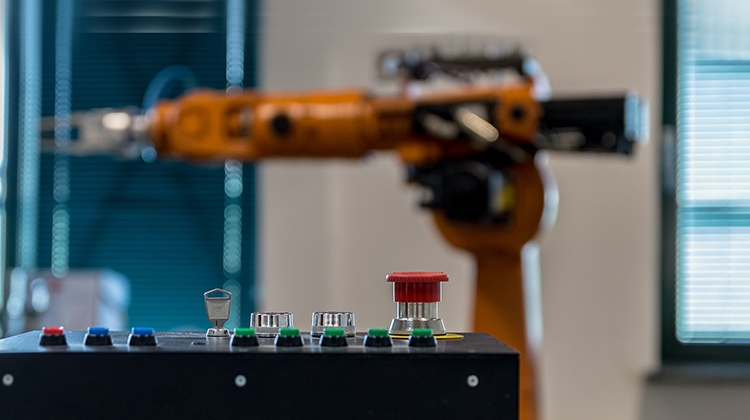The traditional ways of both developing and manufacturing therapies no longer work in today’s environment that requires both rapid development, testing, scale up and deployment. The new world requires new approaches to meet the challenges of not only rapid development and deployment but also a broader understanding of the global supply chain constraints for both raw materials and manufacturing equipment.
There are several trends that have emerged in pharmaceutical manufacturing over the past couple of years and new developments that will ensure that we can continue to deliver effective medicines to meet the needs of the patients. Moving into the future we need to consider faster speed-to-market, continuous and flexible manufacturing with an emphasis on knowledge management, all while maintaining quality and being patient-centric. The Manufacturing Trends content during the 2022 ISPE Annual Meeting & Expo covers these topics and more at all stages of the product lifecycle.

Smart and efficient manufacturing comes from the ability to utilize performance-based control strategies and advanced control strategies for controlling and optimizing a manufacturing process in real-time. The challenges associated with the application of these control strategies include consideration on how to develop, implement, validate, maintain, and improve our processes and operations. The Manufacturing Trends track will provide practical examples of performance-based and advanced control strategies from different stages of the product lifecycle and lead to a discussion on opportunities for including automation and digitalization in line with Pharma 4.0™ principles as well as the current challenges.
This year’s Manufacturing Trends track will embrace key topics within the industry, as broad as “Developments in Advanced Manufacturing”, to understanding how to extract the greatest efficiencies and value from legacy facilities. While the focus on new technologies has, in most cases, been applied to new facilities, or facilities of the future, there remains the need to improve the operations at our existing facilities. Depending on the product range and scope, the facility layout and the levels of automation, existing facilities can be modified to maximize the manufacturing capabilities at a far lower cost than a new, greenfield site. In some instances, improving current facility’s capabilities can help defer Capex.
Sustainability within the pharmaceutical industry is a key component of both new and existing facilities. Presentations in Manufacturing Trends will address decarbonization strategies and the use and implementation of Artificial Intelligence/Machine Learning and digitization as we strive to develop to sustainable environments within the manufacturing space. As technologies improve and advance, we should not be averse to incorporating these technologies in our current processes to drive both sustainability of the product and of the facility itself by reducing its energy footprint and improving its longevity.
Moving forward in our post-pandemic manufacturing world, the industry must embrace digitization as a core driver for continuous improvement and sustainability. Manufacturing Trends will include discussions around the development and uses of a Digital Twin, how this will improve both your current operations and enable future improvement to your processes. The lifecycle control strategy also provides a process map from development through, scale up and manufacture. Manufacturing Trends will explore the application of a control strategy maturity model to develop a deeper understanding of your current state and future requirements.
Real-time release testing (RTRT) of manufactured product has long been a goal within the biopharma space. With improved process analytical technology (PAT) instrumentation and methodologies, RTRT is becoming a reality. The current state of RTRT will be presented along with both near term and long-term goals and implications for the technologies.
Also, you will hear from the Facility of the Year Awards (FOYA) winners – Takeda and CRISPR. Takeda will present one of their core therapeutic areas – vaccines, and discuss their TaSiVa facility is located in Singen, Germany. They will describe their innovative approach of implementing Pharma 4.0™ technologies as part of the overall project delivery. The FOYA judging committee commended CRISPR for creating a flexible, digitally enabled facility that can bring the promise of innovation to life. The technology has game-changing implications for patients and partners. The project won the FOYA award for Innovation, based on the innovative design of the facility, which provides an end-to-end solution for production and fills operations.
Join us at the 2022 ISPE Annual Meeting & Expo to explore applying harmonized approaches to innovative design solutions and project delivery strategies to ensure high-quality therapeutic products are efficiently brought to market to improve patient health.
Learn More & Register







